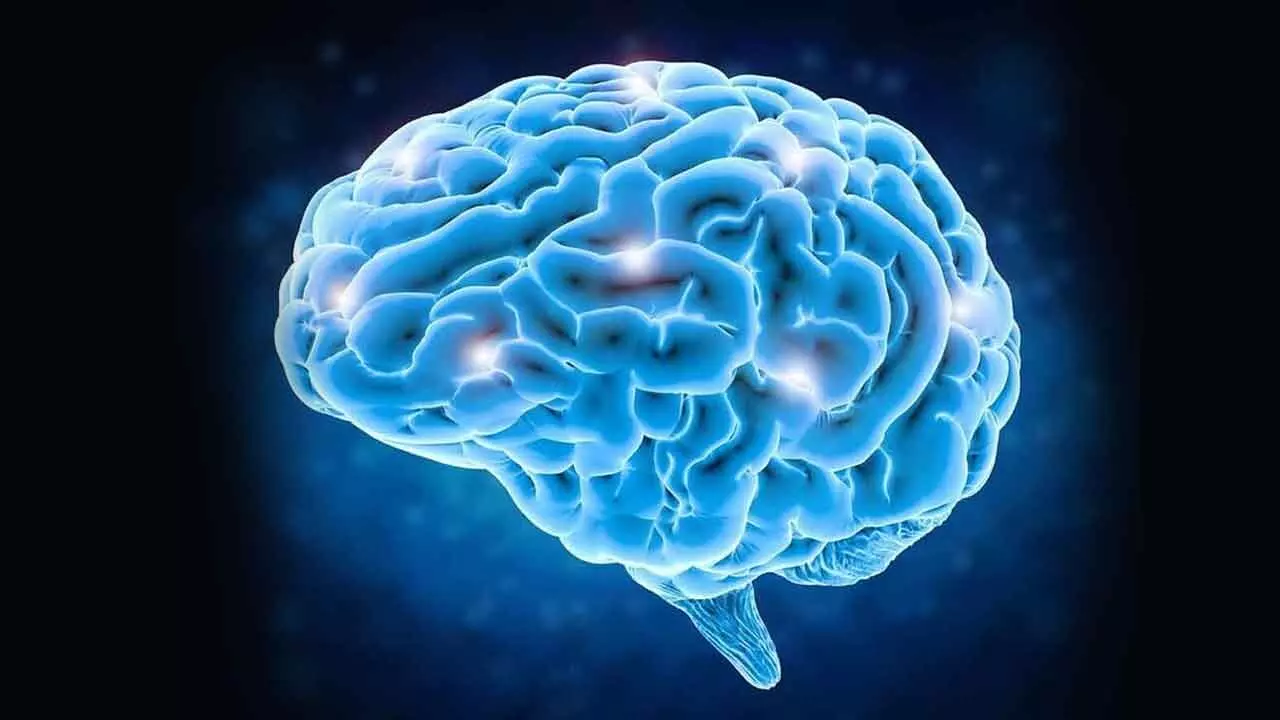Study proposes new obesity treatment with brain electrical stimulation

Brain electrical stimulation to suppress appetite may be a new frontier in treatment for obesity - a rising global health concern, according to a study.
The World Health Organization (WHO) estimates that one in eight people worldwide is overweight, making obesity treatment one of the most prominent markets currently.
Current obesity treatments include drugs and injections but often come with potential side effects when taken over for a long period.
Researchers from Korea Electrotechnology Research Institute (KERI) and Seoul National University Hospital in South Korea proposed a novel approach which is to suppress appetite by stimulating the cerebral cortex electrically through the scalp.
Using the technique known as transcranial random noise stimulation (tRNS), the team conducted a clinical trial that included 60 female volunteers, 30 in the tRNS group and 30 in the active sham group.
The trial consisted of six sessions of electrical stimulation with two to three days of interval for two weeks. The electrical stimulation was conducted using commercially available electrical stimulators with a barely perceptible current of 2 mA for 20 minutes per session.
The tRNS treatment group showed a reduced appetite, willingness to eat, and hunger compared to the placebo group.
The tRNS was also found to treat emotional eating, meaning that the tendency to eat to process or relieve emotions such as stress, depression, anxiety, and joy was significantly reduced.
While the two-week-long trial could not confirm the long-term weight loss effect, participants reported significant appetite suppression. Dr. Ki-young Shin of Human Care Electro-Medical Device Research Center, at KERI said that the technology is not yet complete and needs further research and verification. However, “if this electrostimulation treatment equipment with far fewer side effects than existing obesity treatments is commercialised and can be used at home instead of in hospitals, it will provide an easy and simple method for daily appetite suppression management,” said Dr. Shin.















